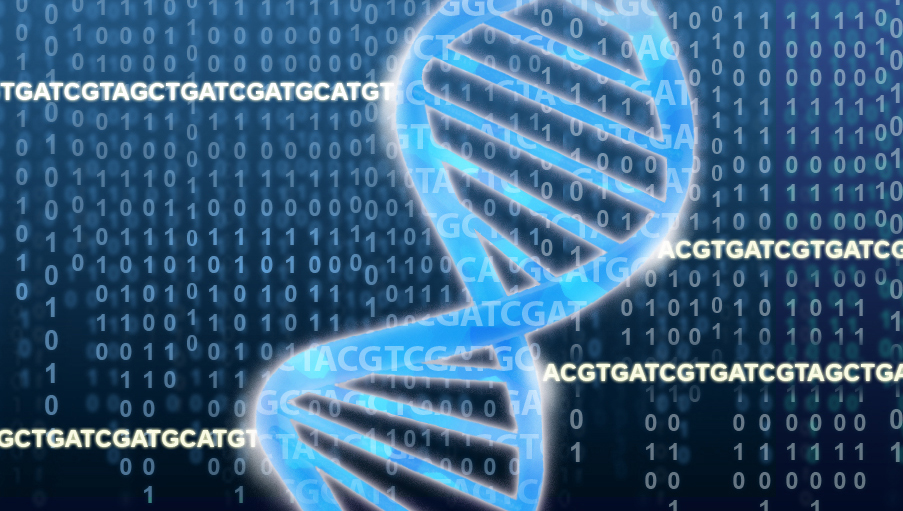As Coronavirus infection rates rose worldwide, it has become clear that the disease’s symptoms and their severity greatly differ between people. As the pandemic continues to spread, it is imperative to identify which individuals, whether already affected or not, are at the greatest risk of becoming severely ill. Furthermore, accurate risk-prediction models will help public health officials determine how to best allocate medical resources. The key to such knowledge may lay in our genes, as they dictate how our bodies (organs, immune system) respond to infection.
Hebrew University scientists are tacking this important question, taking a two-fold approach. First, COVID-19 patients are treated by Hebrew University-Hadassah clinicians, Prof. Dana Wolf and Prof. Arie Ben-Yehuda. Next, Dr. Yotam Drier, Dr. Shai Carmi, and Prof. Assaf Hellman are applying their expertise in genetic, computational, and statistical methods to patient samples, conducting large-scale genetic data analysis. By applying algorithms that cross-reference the patients’ genetic and clinical information, the researchers may be able to identify gene patterns are associated with severity of illness – explaining why some patients become severely ill, while others do not.
“As a computational biologist, I use data on genetic differences between individuals, along with statistical methods and algorithms, to find which genetic variants influence traits and diseases. I also develop genetic screens and models for disease risk prediction. I will apply these skills to tackling one of the biggest questions of the coronavirus pandemic – why are some people severely ill while others are asymptomatic? And how can we predict which individuals are at risk, in order to better protect them?” – Dr. Shai Carmi
This study may have an immense impact on combatting COVID-19 by identifying individuals who are at high risk for disease or may respond better to a particular treatment. In the future, simple genetic tests may help predict and determine how to best treat different individuals.

